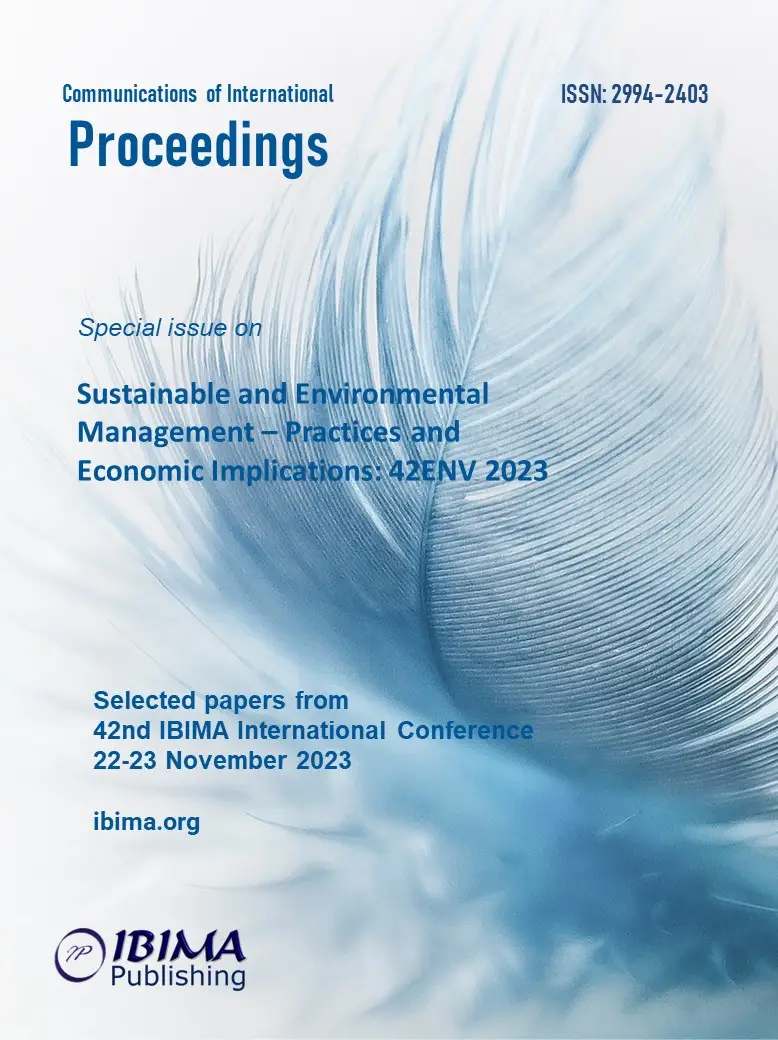
Gratiela Dana BOCA and Sinan SARAÇLI
Technical University of Cluj Napoca, Romania

The advantages of reintegrating recycled materials into the economic circuit are obvious; keeping resources as long as possible in the economy and recovering them at the end of a life cycle means a reduction in the carbon footprint and environmental impact. In order to understand the current situation and the need for education and awareness campaigns to rebuild citizens’ confidence in waste management measures and objectives and the protection of the environmental in general we have to start and educate students from an early age , as well as teach them what to do and how to do it. Family members also play an important role in the education of young people. This study wants to measure the behavior and knowledge level of young school children and how family and schools contribute to the development of kids’ behavior. A questionnaire was applied to high school students, and it contains 15 items structured in four parts referring to students’ knowledge, behavior, vision, and students’ information about the recycling process, plastic waste, and raw materials. The study highlighted once again the role of ecological education in schools in the formation of a sustainable society, but at the same time the role of families in shaping the young students as tomorrow’s citizens. The study confirms that knowledge can affect students’ behavior and students’ vision about recycling, as well we the fact the plastic waste has an effect on their behavior. Results present a weak point for the young generation; even though they are very well informed in daily and practical problems, they do not apply selective recycling. They have a vision for future activities and volunteering organized by schools. Finally, the study was finalized with a classification according to the amount recycled by category and selective point in city. Last but not least, school and family can sustain and attract students by games, courses, lectures, or volunteering activities. This study experiment also tried to bring the generations closer together, the misunderstanding between the generations being well-known.